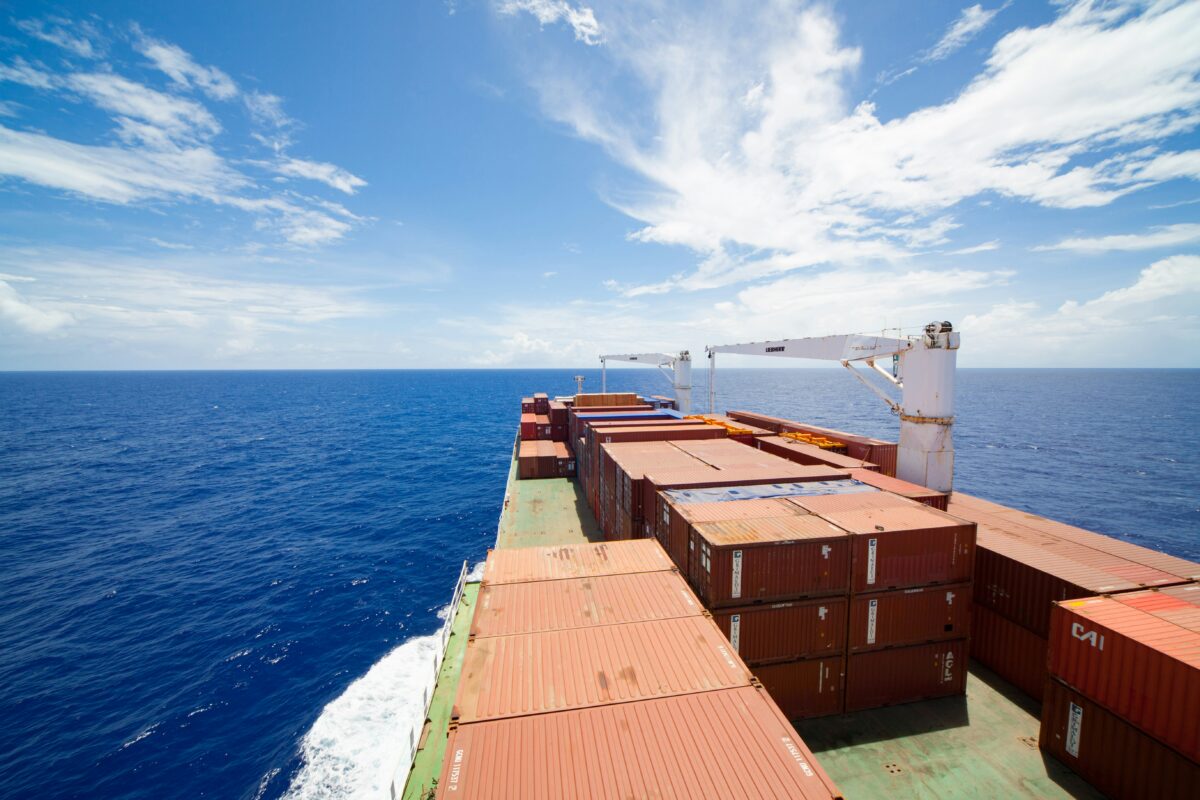In today’s fast-paced global economy, moving goods across borders and oceans isn’t just about trucks and ships, it’s about coordination, timing, and expertise. That’s where freight brokers come in. These logistics professionals act as the middlemen between shippers and carriers, ensuring that cargo moves efficiently, cost-effectively, and legally from point A to point B.
But what exactly do they do, and how can they benefit your business? Whether you’re a growing e-commerce brand or a large-scale manufacturer, understanding the role of a freight broker can make your supply chain stronger, faster, and more resilient.
What Is a Freight Broker, and Why Do Businesses Use Them?
Freight brokers are licensed logistics professionals who serve as vital intermediaries in the transportation industry, connecting shippers—companies or individuals that need to move goods—with carriers, the entities that physically transport those goods. Unlike carriers, freight brokers do not own or operate trucks, ships, planes, or trains. Instead, their value lies in their extensive network of transportation partners, their deep understanding of logistics processes, and their ability to negotiate favorable rates and routes. They are experts in matching the right shipment with the right carrier based on timing, cost, and service quality.
Businesses turn to freight brokers because navigating the transportation landscape—especially in a globalized economy—can be incredibly complex and time-consuming. Freight brokers provide access to a broad network of vetted carriers, which means they can quickly identify the most efficient and cost-effective shipping solutions. They also bring specialized knowledge of shipping regulations, documentation requirements, and compliance protocols, particularly important in cross-border transactions where even minor errors can cause significant delays or fines.
Additionally, freight brokers excel in managing unexpected challenges. When delays, route disruptions, or weather issues arise, they step in to quickly reroute shipments or resolve the issue using their industry connections and logistical know-how. For companies that lack an internal logistics team or want to avoid the operational burden of managing freight themselves, freight brokers offer a strategic solution. They simplify the shipping process, reduce overhead costs, and allow businesses to focus on core activities while maintaining confidence that their goods are moving efficiently through the supply chain.
How Freight Brokers Simplify Global Logistics
Operating in global markets introduces an entirely new level of complexity to logistics. Different countries mean different legal systems, customs regulations, transportation infrastructures, and even languages. This is where freight brokers prove to be invaluable partners. They take on the logistical burden of coordinating international shipments, ensuring goods move seamlessly across borders and through various modes of transport.
Freight brokers simplify global logistics by managing every stage of the shipping process, from origin to final destination. They coordinate multimodal transport—integrating air, sea, rail, and road freight into a cohesive solution tailored to the client’s needs. Their ability to orchestrate these different transportation methods ensures goods arrive on time and in optimal condition, no matter how complex the route. Freight brokers also handle all necessary documentation, including bills of lading, commercial invoices, and compliance with international import and export laws. These documents are critical, and any error or omission can cause costly delays or legal complications.
Beyond the paperwork, freight brokers provide real-time visibility into shipment progress. With access to advanced tracking systems and data dashboards, they offer businesses full transparency and the ability to monitor performance across the supply chain. They often work closely with customs brokers or maintain in-house expertise to ensure that customs clearance is smooth and efficient, minimizing the risk of delays at international borders.
In essence, freight brokers act as an extension of your logistics team. They provide the infrastructure, knowledge, and global reach needed to scale your operations without overwhelming your internal resources. Rather than being simple middlemen, freight brokers are strategic partners who help you navigate the often turbulent waters of global trade. In an increasingly interconnected world where delays and disruptions are common, partnering with reliable freight brokers gives businesses the adaptability and assurance they need to succeed internationally.



